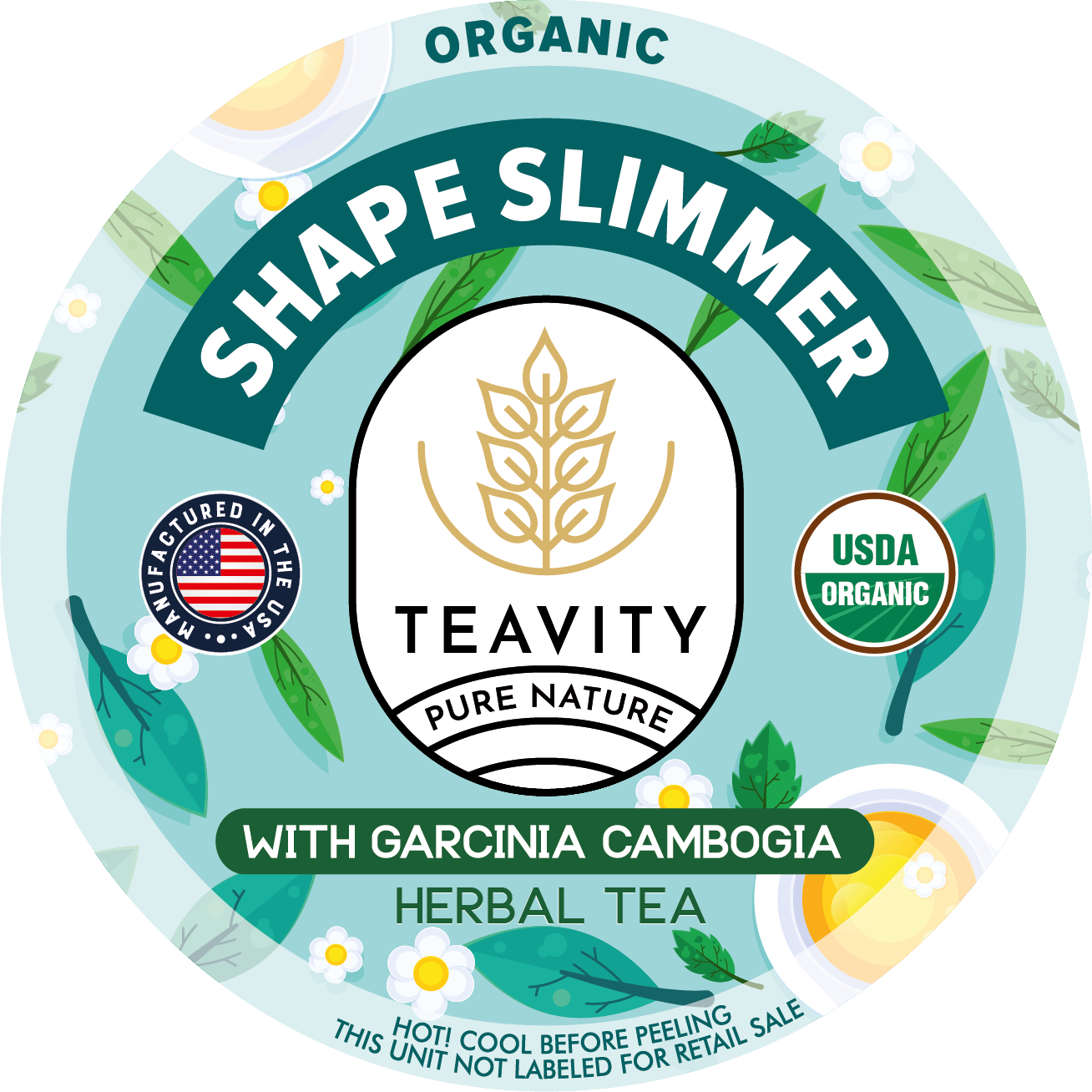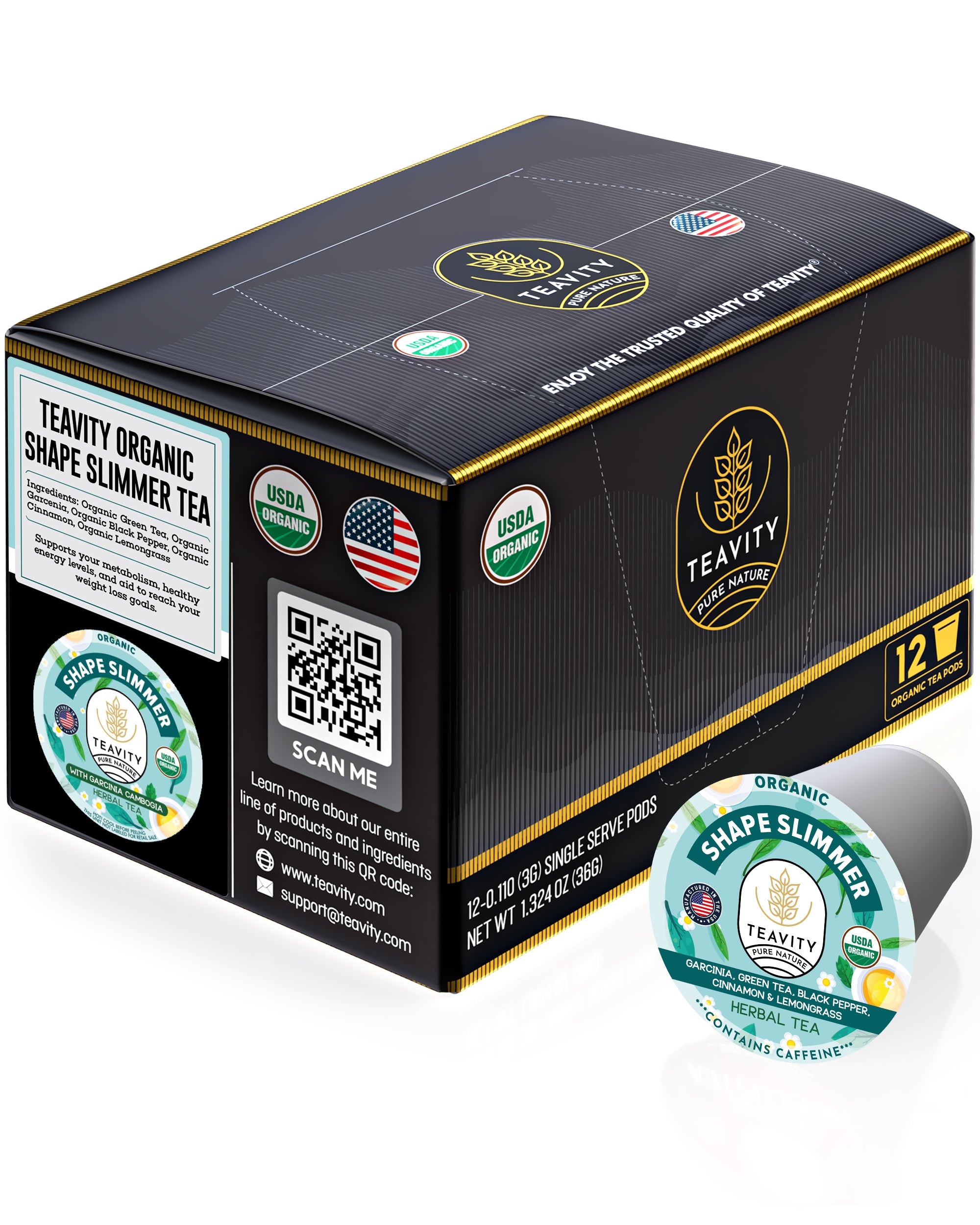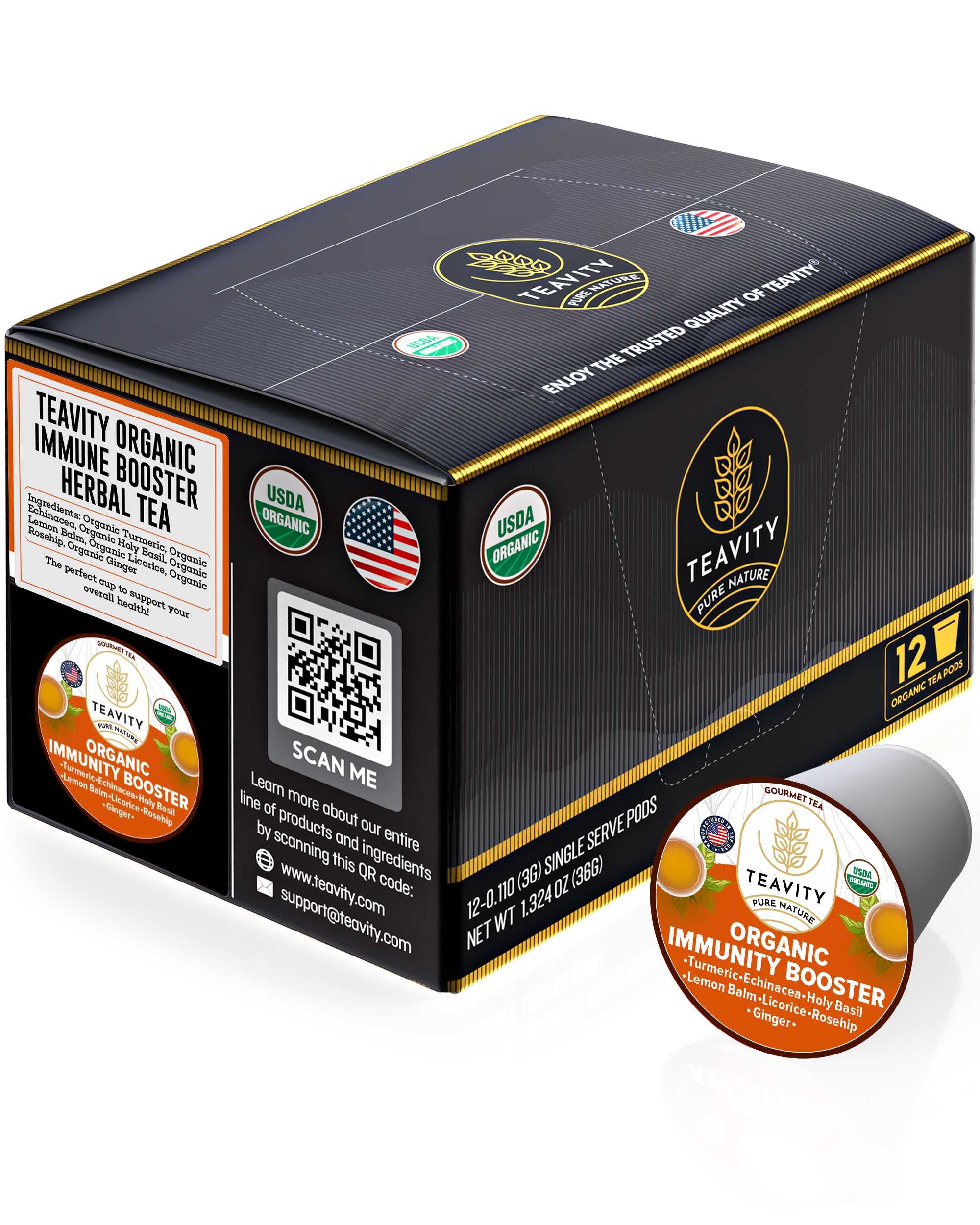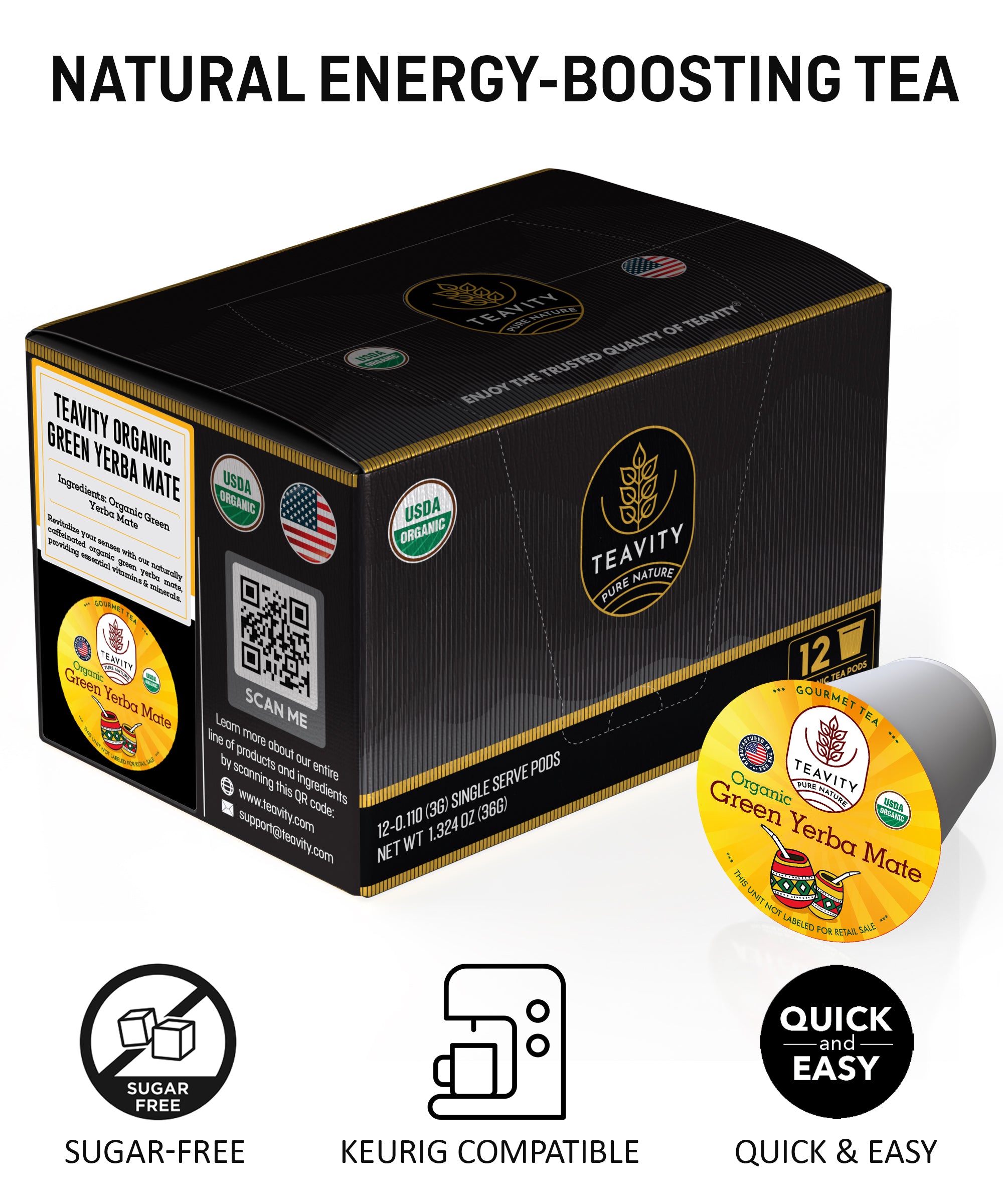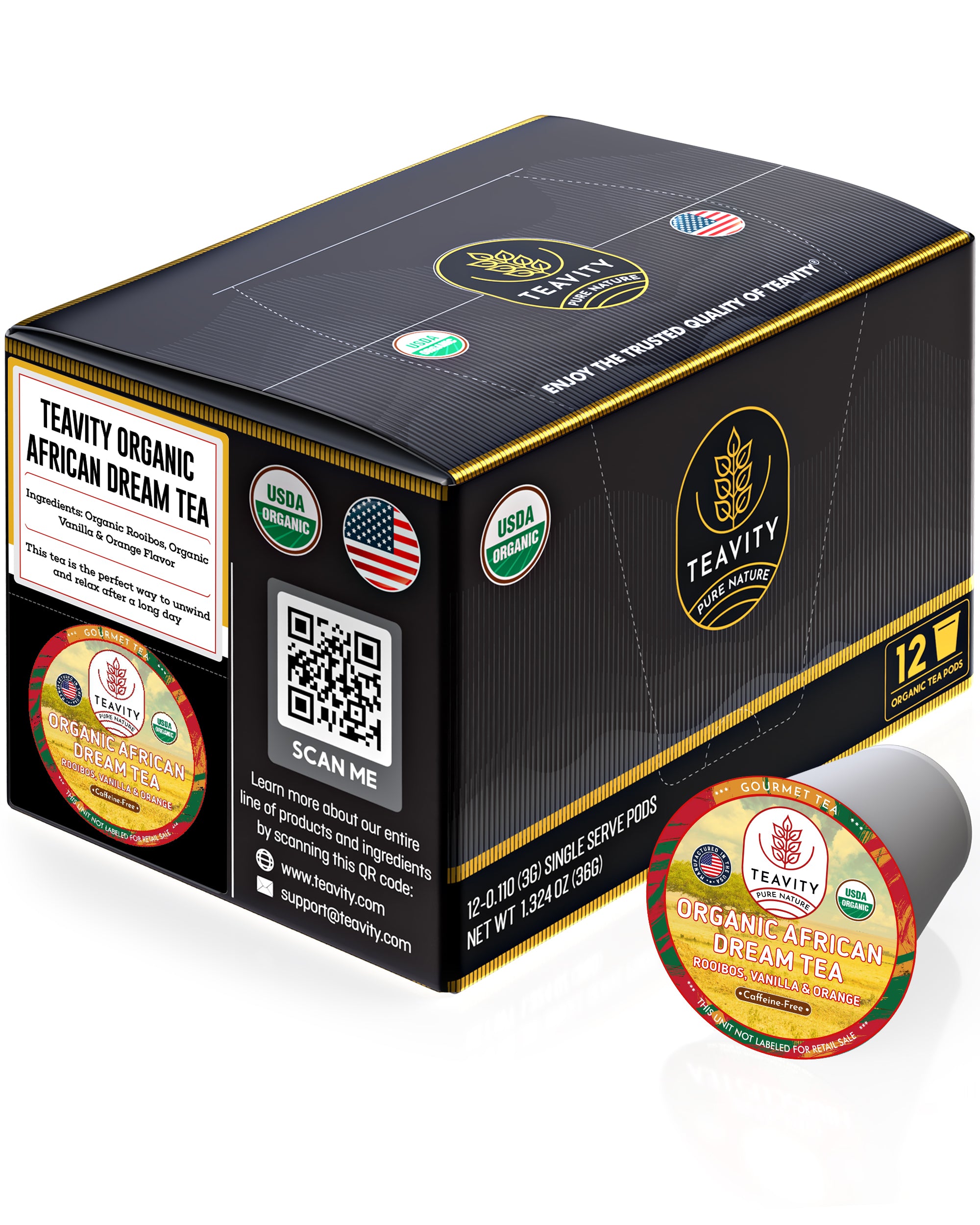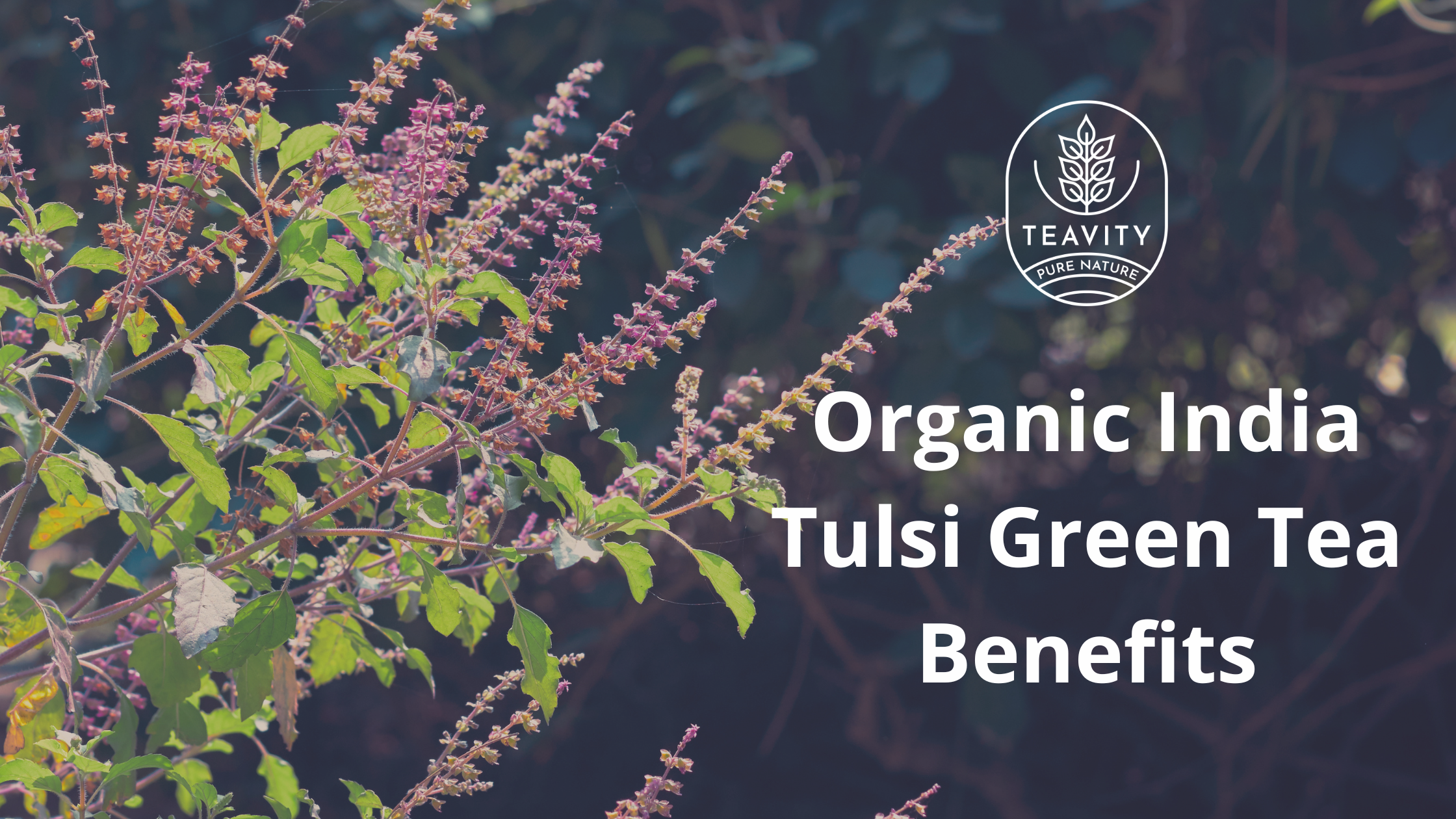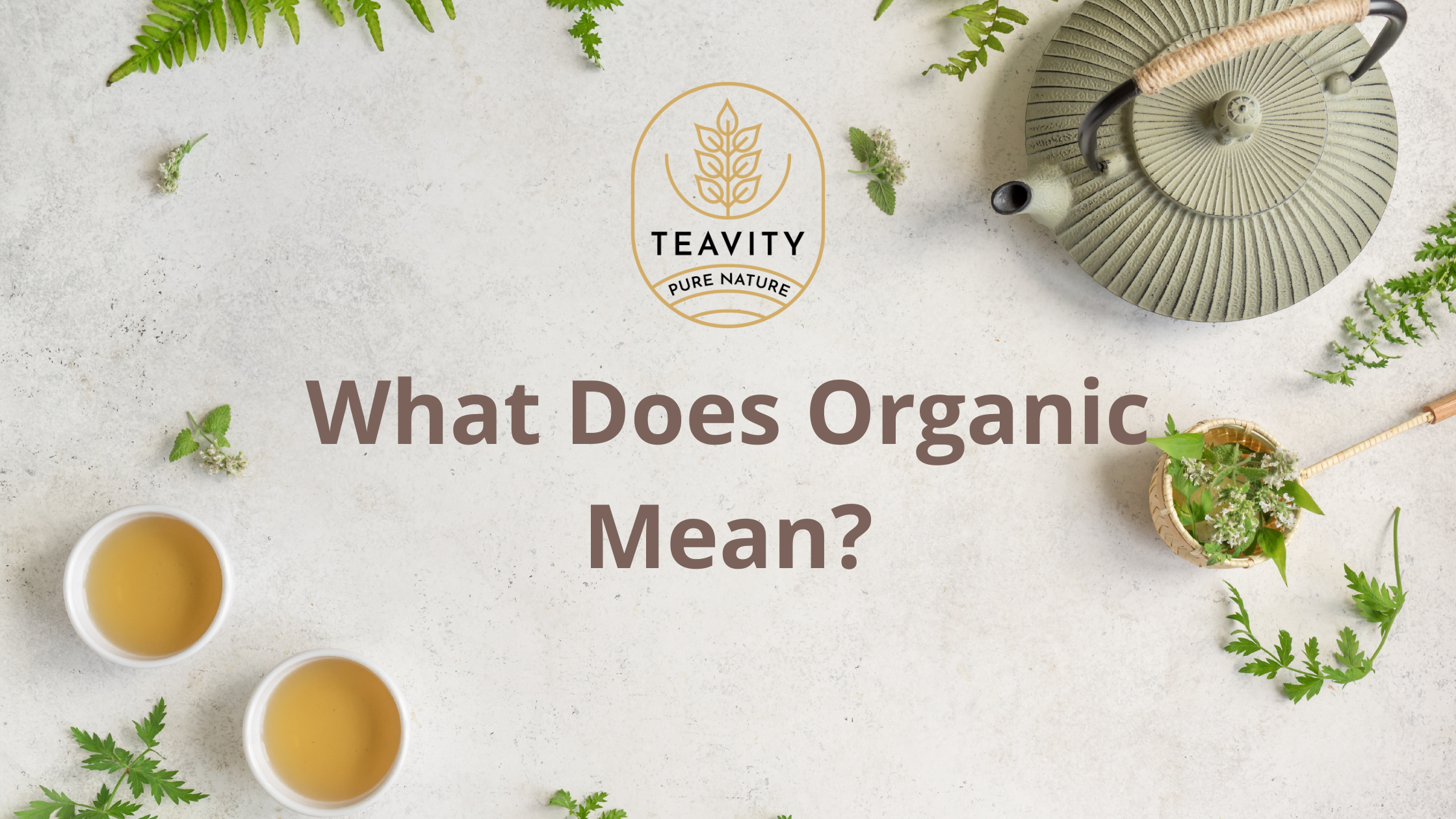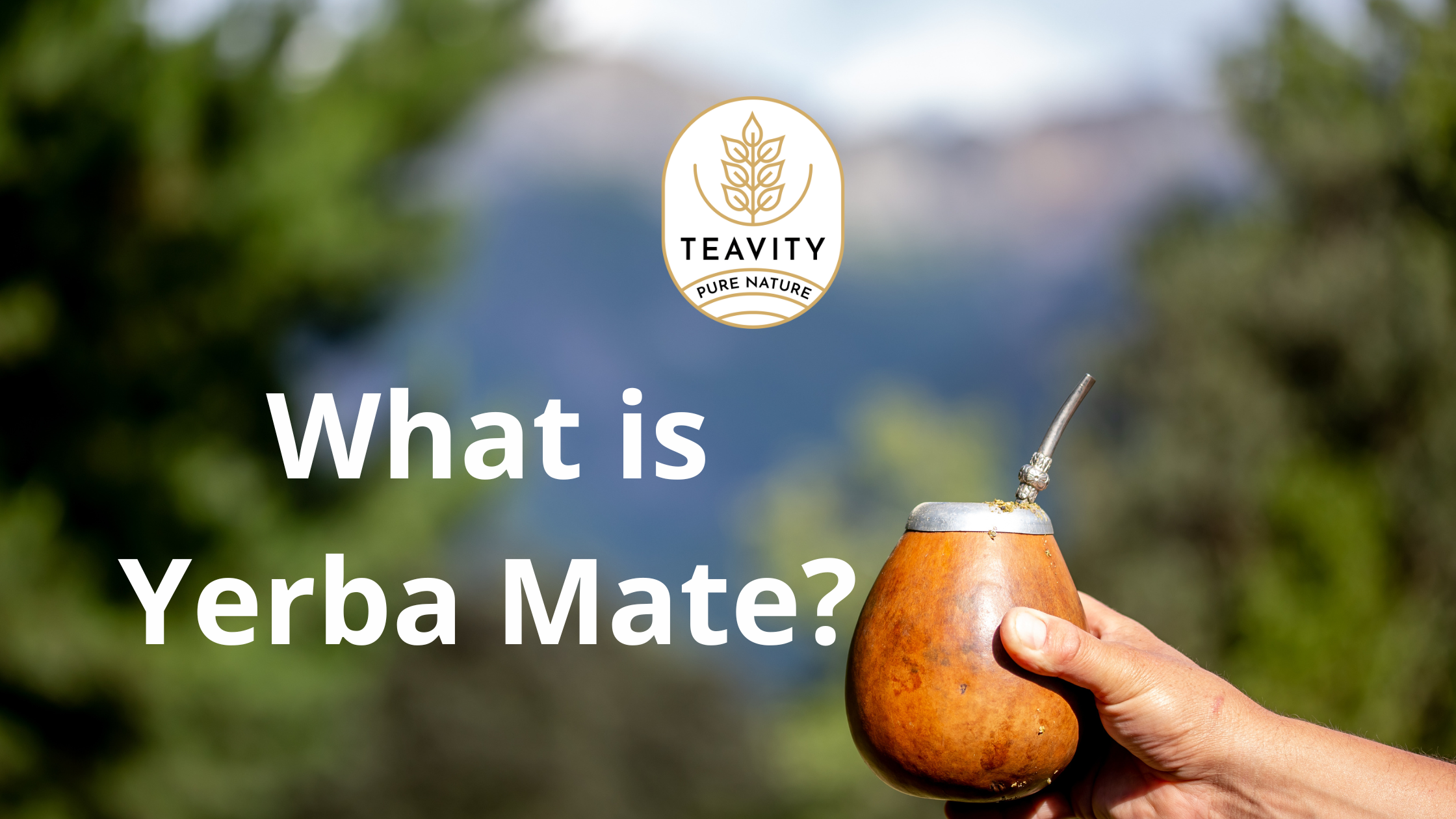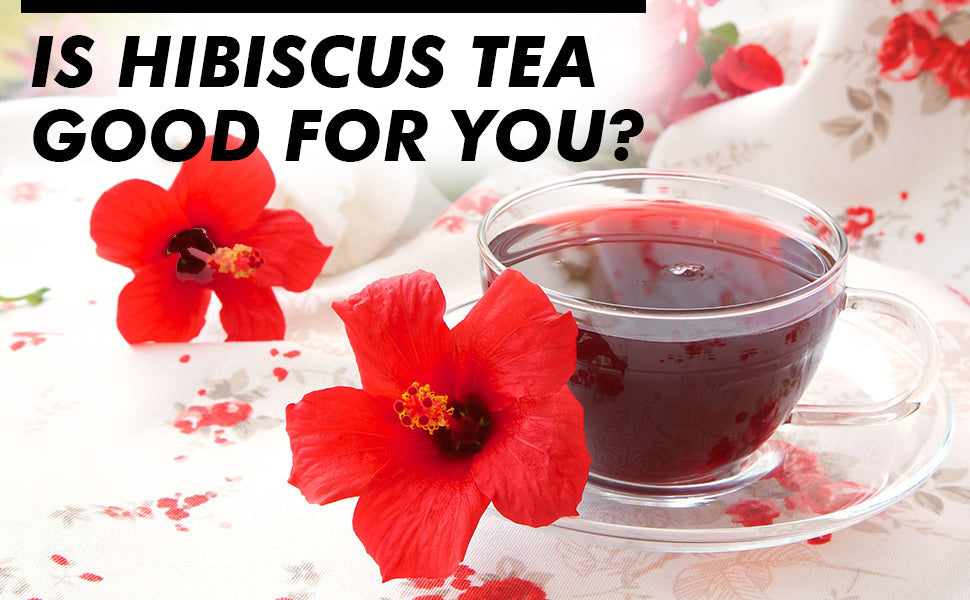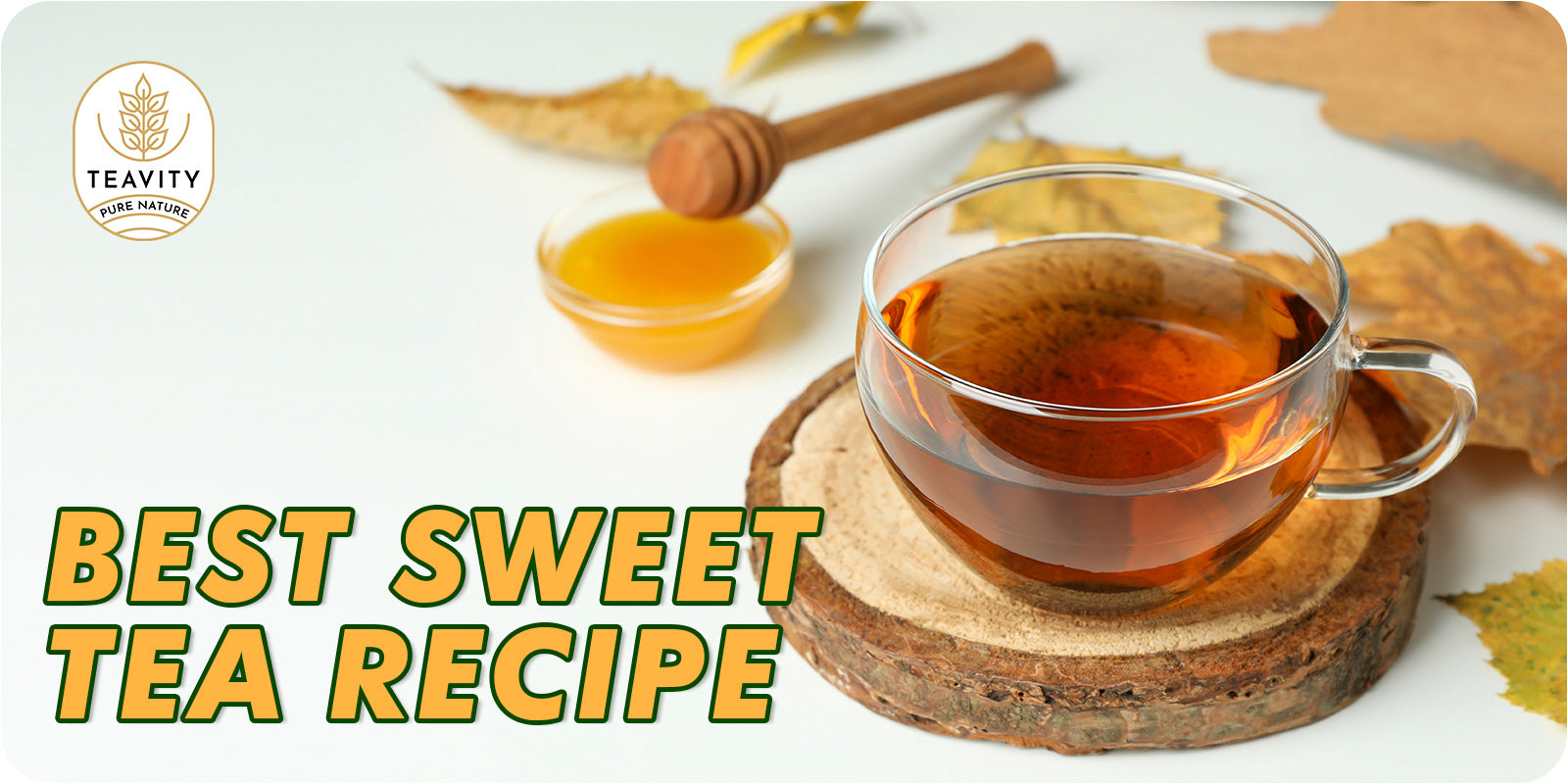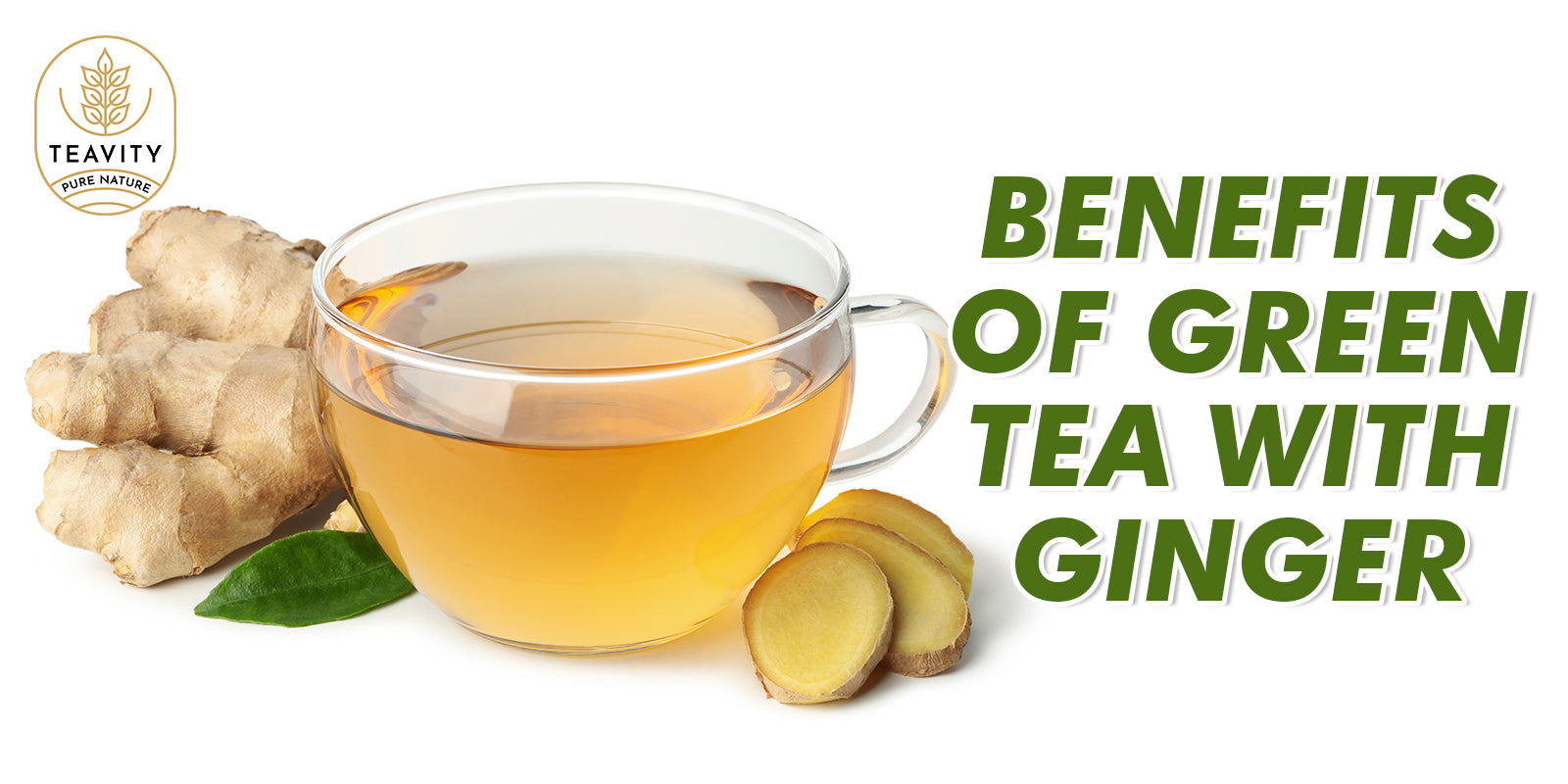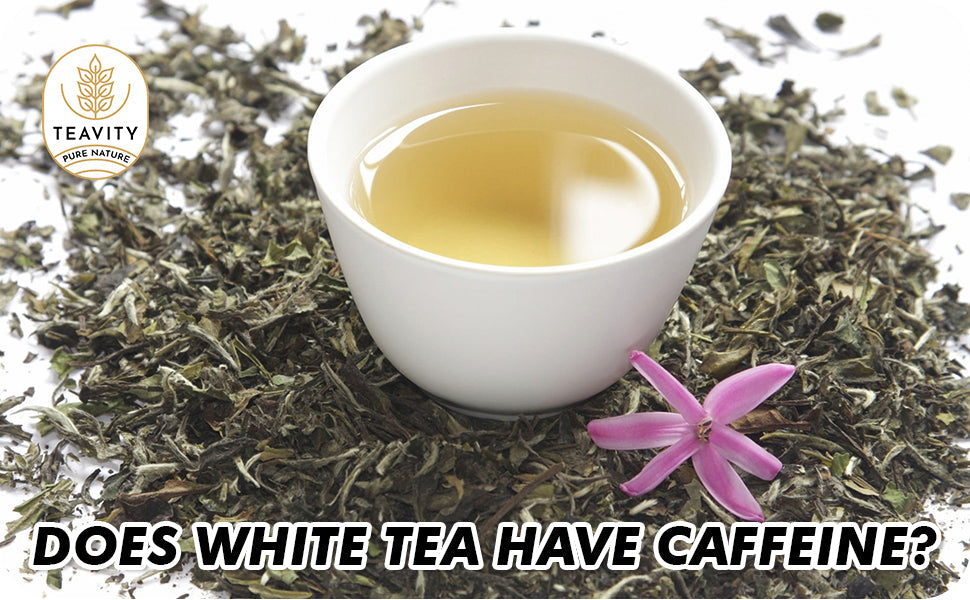
Does White Tea Have Caffeine?
Exploring the Caffeine Content of White Tea: What You Need to Know
Welcome to our in-depth guide on white tea. In this article, we will delve into the question of whether white tea contains caffeine. We'll also explore the health benefits of white tea and compare them to those of other types of tea. So, let's get started!
What is White Tea?
White tea is a delicate and minimally processed type of tea made from young tea leaves and buds. It undergoes minimal oxidation and is known for its subtle flavor and light color. The leaves are typically picked before they fully open, making white tea one of the least processed tea varieties.
Caffeine Content in White Tea:
Contrary to popular belief, white tea does contain caffeine, although in smaller quantities compared to black or green tea. On average, white tea contains approximately 15-30 milligrams of caffeine per 8-ounce serving. The caffeine content can vary depending on factors such as the tea's origin, processing, and brewing time.
Health Benefits of White Tea:
White tea is prized for its potential health benefits. It is rich in antioxidants, such as catechins and polyphenols, which have been linked to various health benefits. These antioxidants help reduce the risk of chronic diseases, promote heart health, support the immune system, and contribute to overall well-being.
Comparing White Tea to Other Types of Tea:
When it comes to caffeine content, white tea falls in between black tea and green tea. Black tea generally has the highest caffeine content, followed by white tea and then green tea. However, it's essential to note that individual variations can occur due to specific tea brands and brewing methods.
How to Prepare and Enjoy White Tea:
- Choose high-quality white tea leaves or tea bags.
- Heat water to around 175°F (80°C).
- Place the white tea leaves or tea bag in a teapot or cup.
- Pour the hot water over the tea and let it steep for about 2-3 minutes.
- Strain the tea or remove the tea bag.
- Enjoy the delicate flavor and aroma of white tea on its own or with a touch of honey or lemon if desired.
Conclusion:
In conclusion, white tea does contain caffeine, although in lower amounts compared to black and green tea. Its delicate flavor, health benefits, and moderate caffeine content make it an excellent choice for tea enthusiasts looking for a milder option. Incorporate white tea into your routine and savor its unique characteristics while reaping its potential health benefits.
Note: The blog post can be further expanded by adding more details, exploring specific white tea varieties, and providing additional information about brewing techniques, as desired.
